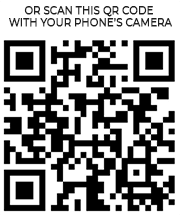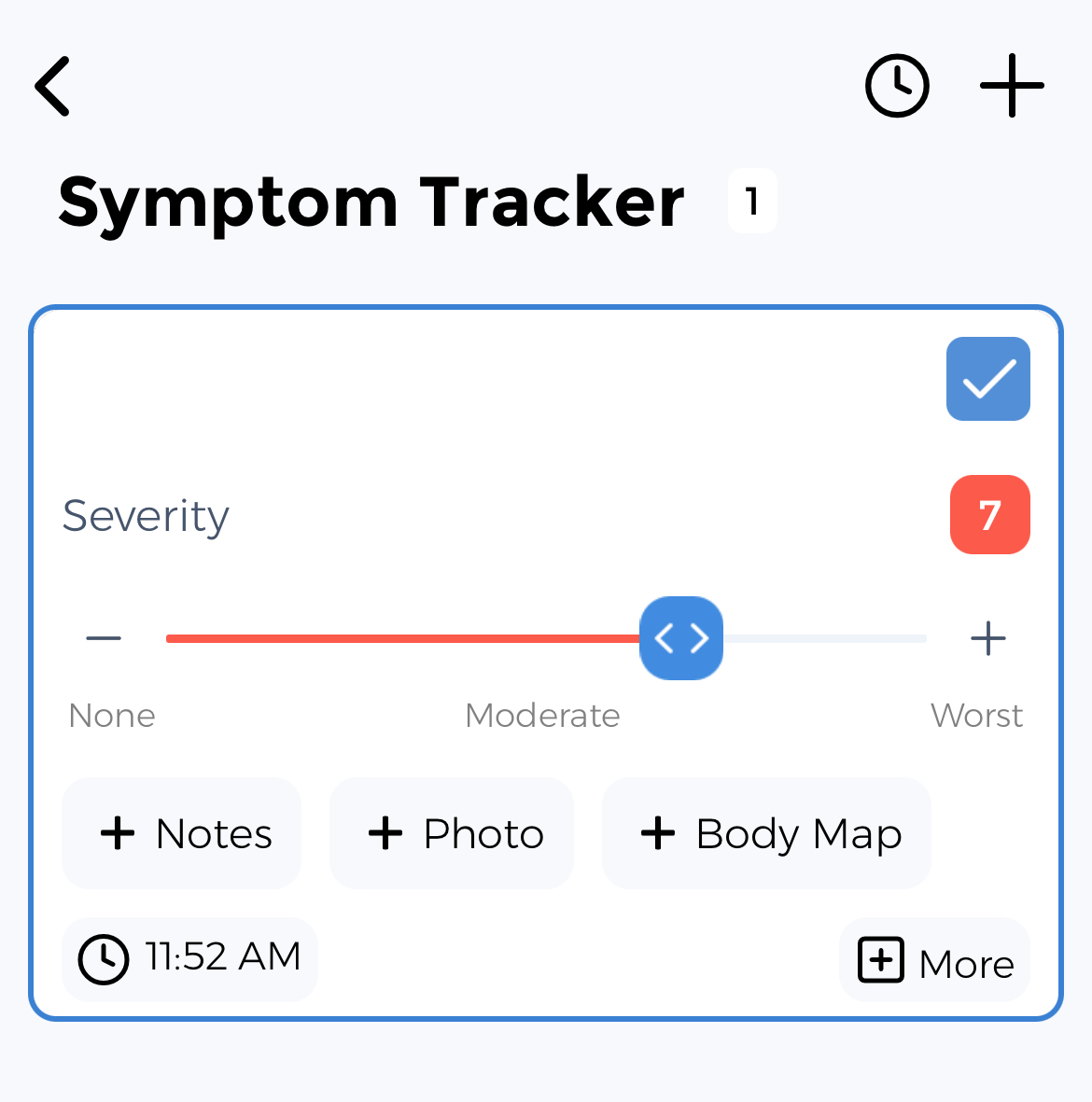Dermatitis Herpetiformis Symptom Tracker: Your Health Assistant
Living with Dermatitis Herpetiformis means dealing with intensely itchy bumps, small blisters, burning sensation, and more. But here's the truth: Data is your most powerful tool. Every logged symptom reveals patterns—so you can take informed action.
Dermatitis herpetiformis is a chronic skin condition with intensely itchy bumps and blisters, associated with celiac disease. Tracking symptoms helps monitor gluten exposure, treatment effectiveness, and skin healing.
Key Dermatitis Herpetiformis Symptoms You Should Track
Struggling with symptoms like these? Tracking them reveals patterns, triggers, and how they impact your daily life.
Intensely itchy bumps
Small blisters
Burning sensation
Redness
Symmetrical rash pattern
Elbows/knees/buttocks distribution
Scalp involvement
Lesions that heal with scarring
Flare-ups and remissions
Gastrointestinal symptoms
Track Your Dermatitis Herpetiformis Treatments
Tracking how these common treatments affect your symptoms can help you and your healthcare provider optimize your care plan:
Our tracker helps you monitor when you take medications and how they affect your symptoms over time.
Standardized Dermatitis Herpetiformis Assessments
Complete these evidence-based assessments in the App to measure your severity and monitor your progress:
⚡ Knowledge Is Your Superpower
The difference between feeling overwhelmed by Dermatitis Herpetiformis and feeling in control starts with data. When you track your symptoms, you transform uncertainty into clarity. Every data point brings you closer to understanding your unique patterns.
It's free to try for anyone—whether you're managing your own condition, supporting a child, helping an aging parent, or assisting a partner. Our tracker adapts to your specific role in the health journey.
How the CareClinic Dermatitis Herpetiformis Symptom Tracker Adapts to Your Needs
Adults
Caregivers
Parents of Children
Young Adults
Your Complete Dermatitis Herpetiformis Management Toolkit
Uncover Patterns & Insights
Map your Dermatitis Herpetiformis symptoms like a detective solving a case.
Understand Your Medication's Impact
Turn guesswork into strategy. See how treatments affect your well-being with clear health insights.
Objectively Measure Your Progress
Use clinically validated tools to objectively measure your progress.
Other Tools You May Like...
Plus 4 more specialized tracking tools available
Access All Tracking ToolsAlso Supports Other Conditions Like
Celiac Disease Tracker
Celiac Disease warriors use our tracker to monitor digestive issues, fatigue.
Eczema Tracker
Eczema warriors use our tracker to monitor dry skin, itching.
Psoriasis Tracker
Psoriasis warriors use our tracker to monitor skin patches, itching.
Autoimmune Diseases Tracker
Autoimmune Diseases warriors use our tracker to monitor fatigue, joint pain.
Success Stories from Our Community
"I'm not tech-savvy, but this tracker was easy to use even for me. The trigger tracker made it easy to spot connections between scalp involvement and lack of sleep, which helped me regained confidence in social situations."
"The difference between guessing and knowing is data. Since tracking my Dermatitis Herpetiformis, I realized I could prepare for doctor visits with real data, which has been invaluable."
Take Control of Your Dermatitis Herpetiformis Journey
Transform from feeling like a passive patient to becoming an informed self-advocate. Join thousands who've discovered new insights about their condition.
Designed by people who understand the daily challenges of managing chronic conditions, we're here to support you and your ❤️ ones.
Download Your Dermatitis Herpetiformis Tracker NowYour Data is Protected
Private & Secure
HIPAA Compliant
GDPR Compliant
Never Sell Data
Your data is yours: You get full control over who can view your information. CareClinic keeps all your data secure and encrypted.
References based on studies by:

